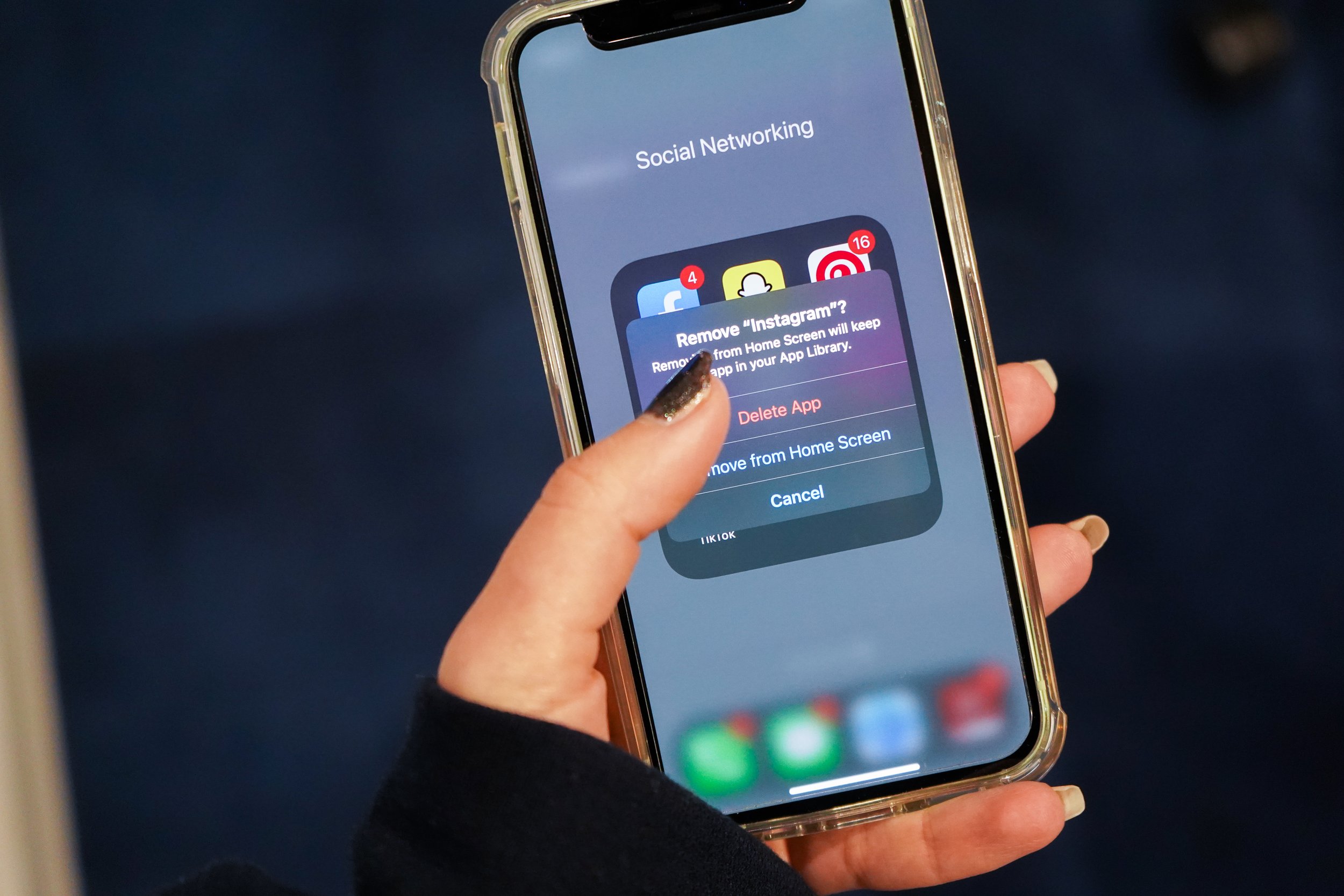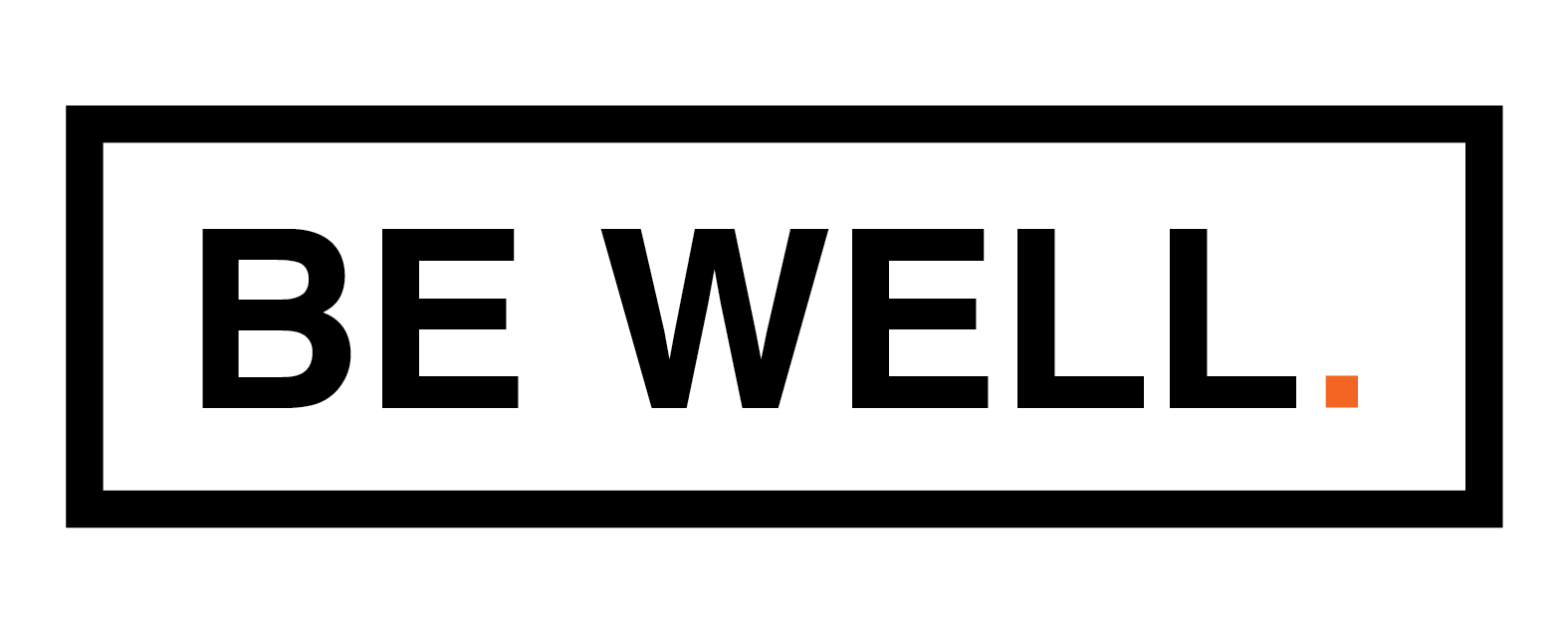A Year without Social Media

For years I debated deleting social media, and last year I decided to finally take action. I still have not gotten it back and honestly, I have not missed it. It just took time.
When I first deleted social media, I would still unconsciously try to click on the applications. I would be waiting to go into the doctor's office or in line at a drive-thru, and find myself longing for social media to make the time go by faster. It genuinely surprised me how much I tried to click on the absent apps, but after about a week the habit was gone!
The Science Behind it
Every action we take affects us. Once we do that same action more than once it can create a habit— which can create a ‘neural pathway’ in our brains. A neural pathway is the connection between your brain cells. The more you do it, the stronger the pathways become, making it more difficult to stop the action. Whenever you participate in that said action, the chemical dopamine is produced (the same chemical involved when we eat good food), which is also why it is difficult to stop a habitual activity.
Participating in social media can create neural pathways in our brains. This is why it can be saddening when deleting Instagram. Once we abstain, our pathways are weakened, and the absence will begin to affect us less. To help overcome the lack of social media, we can distract ourselves with actions that are beneficial to us, curating a space for growth in our very lives.
The Process
The whole process surprised me. I did not think I valued social media as much as I did. I told myself often before I deleted the apps that I could get off at any time without having any negative emotions— what I found was very different. The truth was that I sometimes depended on these apps for stimulation, distraction, comfort, and time-fulfillment. The issue with social media is that it is not real life and can be extremely consuming. I would even dare to say we are not meant to consume as much content as we do. We stare at many more people we see in our daily lives off-screen and call it connection. But before we know it, we are disconnected more than we would be without it.
The Boredom Stage
There are times when doing something mindless is good for you. Perhaps, after a stressful day, social media can be a place of rest. So when I did not have it, I found myself wanting it back. However, there are plenty of alternatives to learn, and I did. This part of the process took work, but once you get used to it, it is rewarding. There are two categories that I organized activities into: productive tasks and mindless tasks. I believe both are necessary.
Here are tasks I did that are mindless:
Played board games with friends, went to the park more, shopped/ thrifted, called friends, spent more time with family and friends (there was much more to catch up on without social media), painted/drew pictures, etc.
Here are productive goals I was able to complete:
I started working out consistently, began DIY projects, read more books and blogs in areas I actually enjoyed, listened to podcasts, learned/ played a lot of chess, babysat more, focused on health, reached out to friends more, started an Etsy business, improved my sleep, improved focus at school and work, decreased procrastination, increased organization, gained more control of my time, improved personal/ spiritual growth, began trusting myself more, etc.
Transformation Period
What you choose to fill the gaps with is the most important part of the whole process. You can either fill the gap of deleting social media apps with something helpful, or something harmful, and those are the most defining decisions. Think about it... let's say the reason you want to delete Instagram is because it steals your time. Then you need to pursue filling your time with activities that you value and want to spend more time doing. If you just download games and play those in your free time, they will take up all of your time too and you’ll get nothing out of deleting your apps. Determine the reason you want to delete social media, then replace it with a positive alternative.
Overall, the past year was a year of self-growth because of my decision. I have grown in confidence, focus and in security (in my capabilities). I would recommend it to anyone who is slightly considering it. You can replace the cons with positive alternatives, and you could always get it back at the end of your intended time period. Doing so just might give you a new perspective on how you live your current life.
Be Well Auburn.
Source: https://healthtransformer.co/the-neuroscience-of-behavior-change-bcb567fa83c1
Writer
Madi has grown up right next to Auburn in Opelika, Alabama for the majority of her life. Currently, in Auburn’s pre-interior design program, she hopes to eventually start her own interior design business after graduation. She is engaged to be married in May to the love of her life. Her day-to-day life is focused on wellness, engaging in creative projects, and being intentional with the people around her. She is a dreamer and hopes to write a book one day, impacting others throughout her life is at the top of her list.








